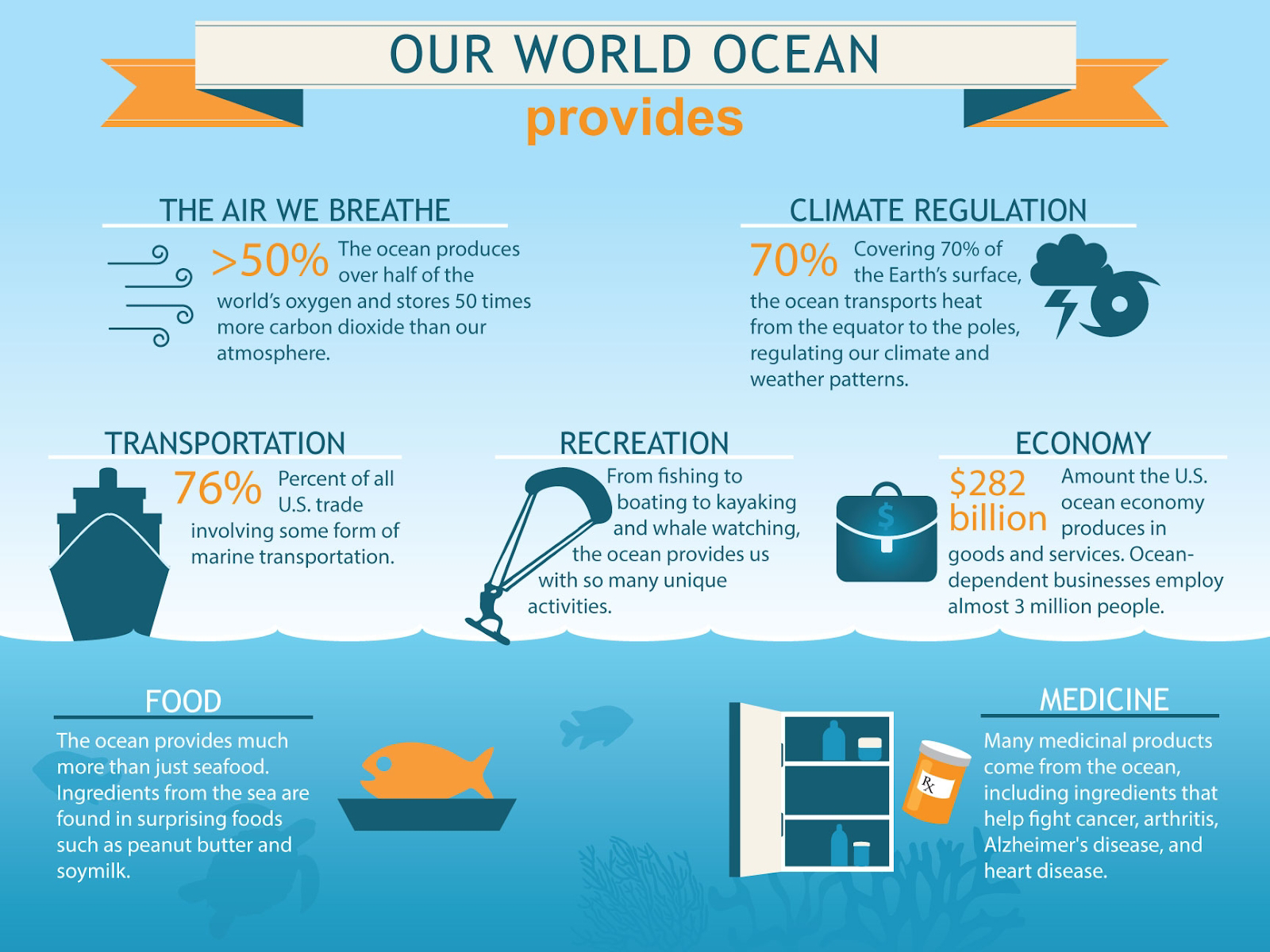France hosted the 'One Planet' Summit dedicated to the Ocean, called the One Ocean Summit.
▪️Aims/ Goal:
✅ to mobilize the international community and take concrete action to reduce adverse effects on the ocean, raising its level of ambition on maritime issues.
✅ to raise the collective level of ambition of the international community on marine issues and to translate shared responsibility to the ocean into tangible commitments.
✅ It focused on the protection of marine ecosystems and sustainable fisheries, the fight against pollution (especially plastic), climate change, and ocean governance.
✅It was held in the context of the French Presidency of the Council of the European Union, with the support of the United Nations.
✅ It brought together determined group of Heads of State and Government, leaders of multilateral institutions, business leaders and civil society policymakers to take ambitious commitments.
✅Initiatives taken for: marine ecosystem protection and sustainable fisheries, fight plastic pollution, climate change, improved governance of the oceans.
▪️Why ocean matters?
✅Ocean covers more than 70% of the surface of our planet, yet often remains on the sidelines of international events.
✅Environmental role: Ocean is a regulator of major environmental balances and climate, provider of resources, an important enabler of trade, and an essential link between countries and human communities.
✅ Threats to ocean: climate change, pollution or the overexploitation of marine resources.
▪️Key outcomes
✅ UNESCO: It has announced that at least 80% of the seabed will be mapped by 2030, compared to 20% currently, in collaboration with other UN bodies and the private sector. UNESCO is the UN agency in charge of ocean sciences.
✅Coalition on Biodiversity Beyond National Jurisdiction (BBNJ): This initiative underlines the EU's role as the leading actor on global marine conservation.
✅ Zero-tolerance towards illegal, unreported and unregulated (IUU) fishing is EU's ambitious policy for sustainable management of marine resources.
✅For addressing plastic pollution: The EU has adopted two main priorities: decreasing plastic pollution and accelerating the transition to a circular economy.
✅Mission “Restore our Ocean and Waters by 2030”: It aims to ensure that the ocean plays a central role in meeting the 2030 targets of the European Green Deal. It is aimed at developing and testing solutions in support of protecting 30% of the EU's sea area, restoring marine and waterway ecosystems, reducing plastic litter at sea, nutrient losses and use of chemical pesticides by 50%, and making the blue economy climate-neutral and circular.
✅European Digital Twin Ocean: digital ocean platform to place the EU as a digital champion for the ocean.
✅EU4Ocean coalition: to enhance ocean literacy by education and investing in research.





